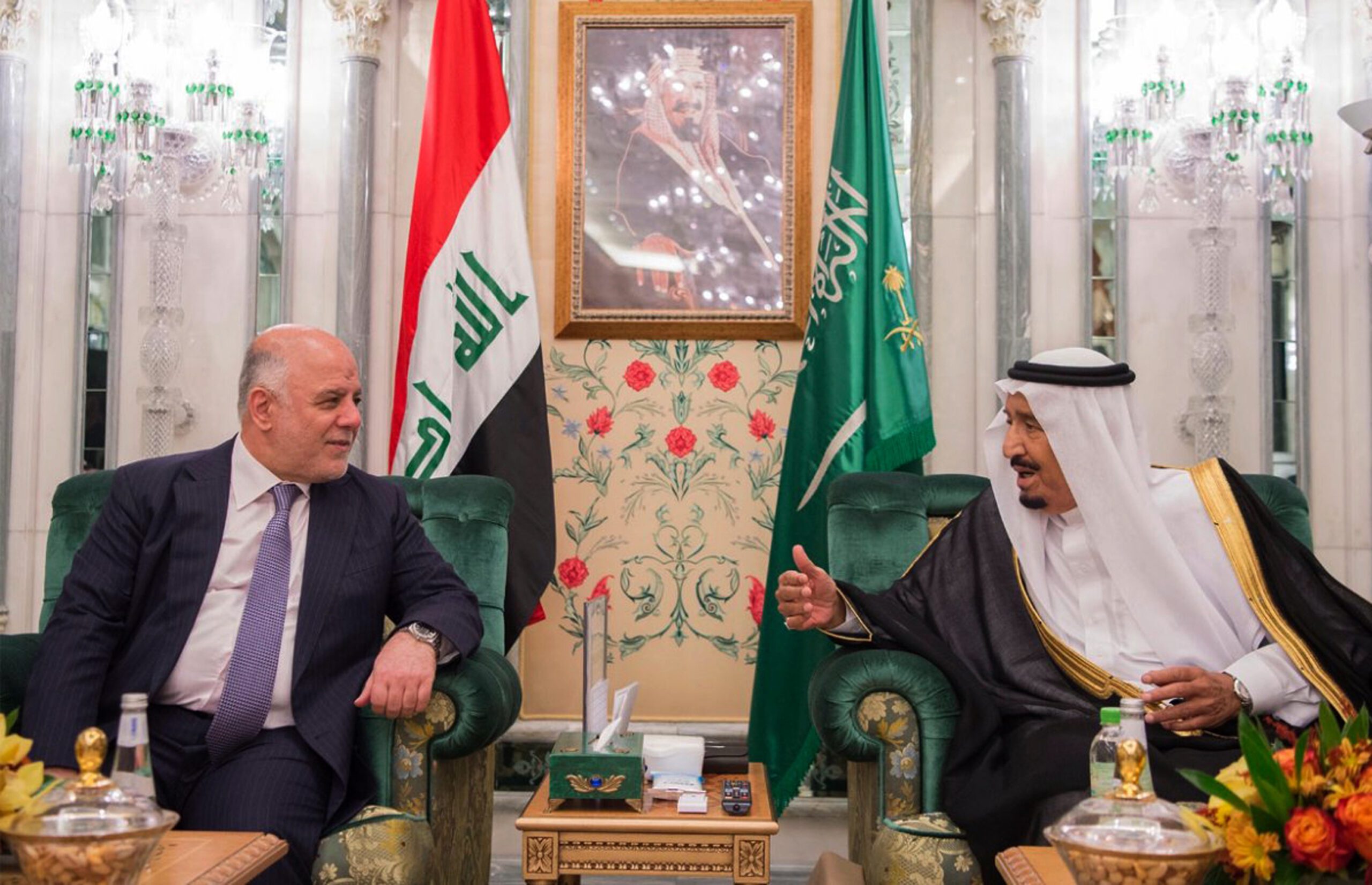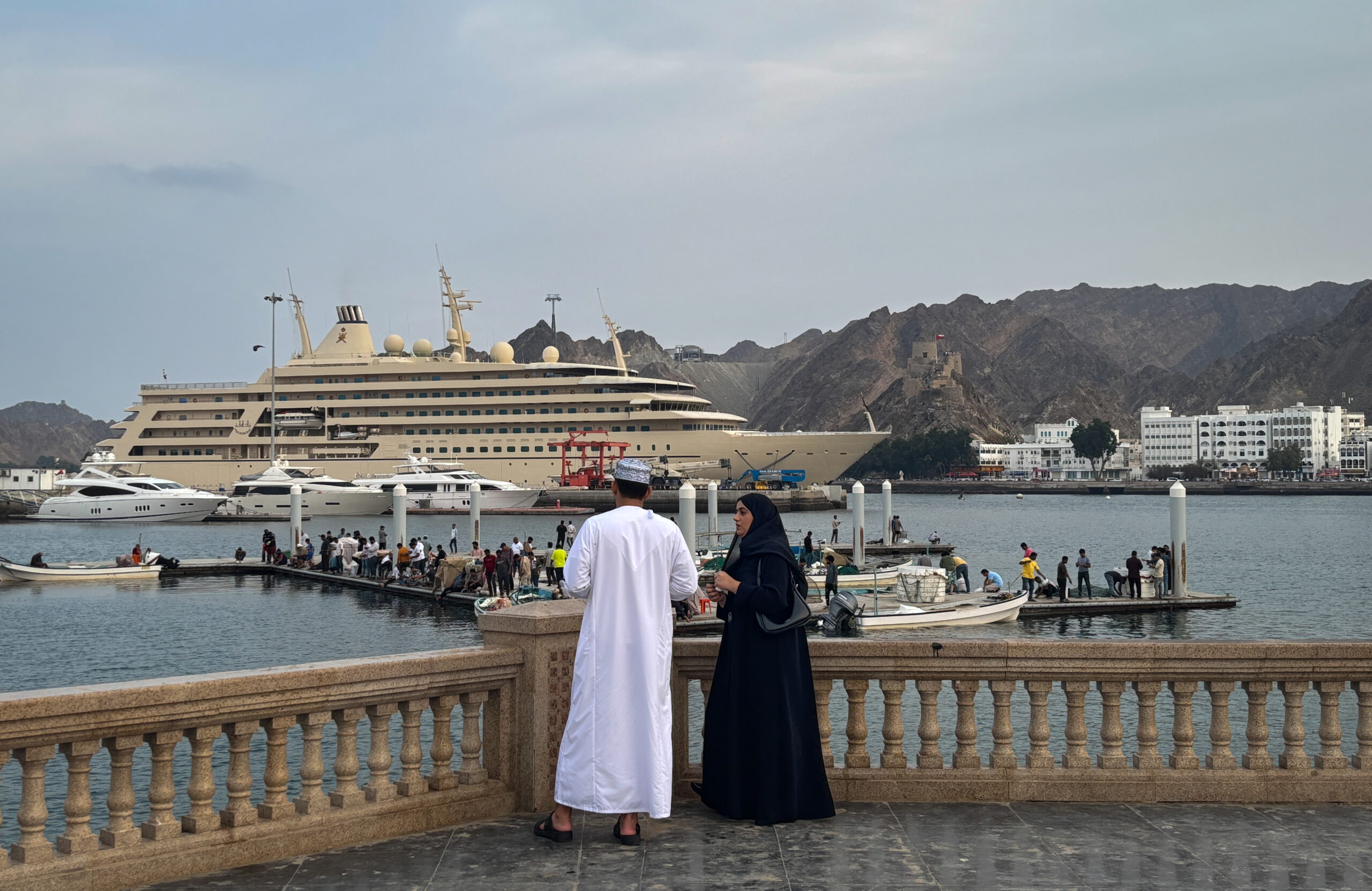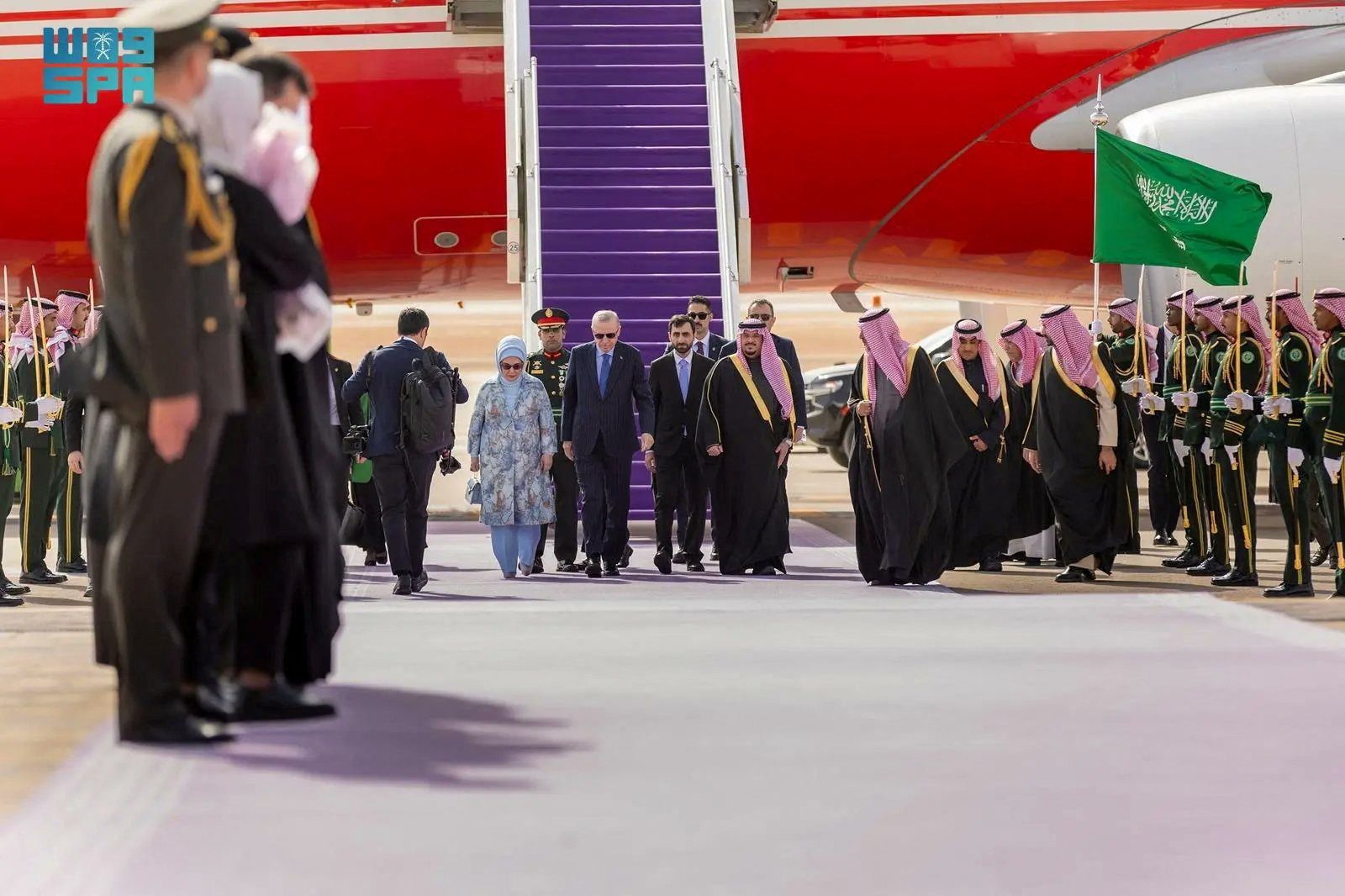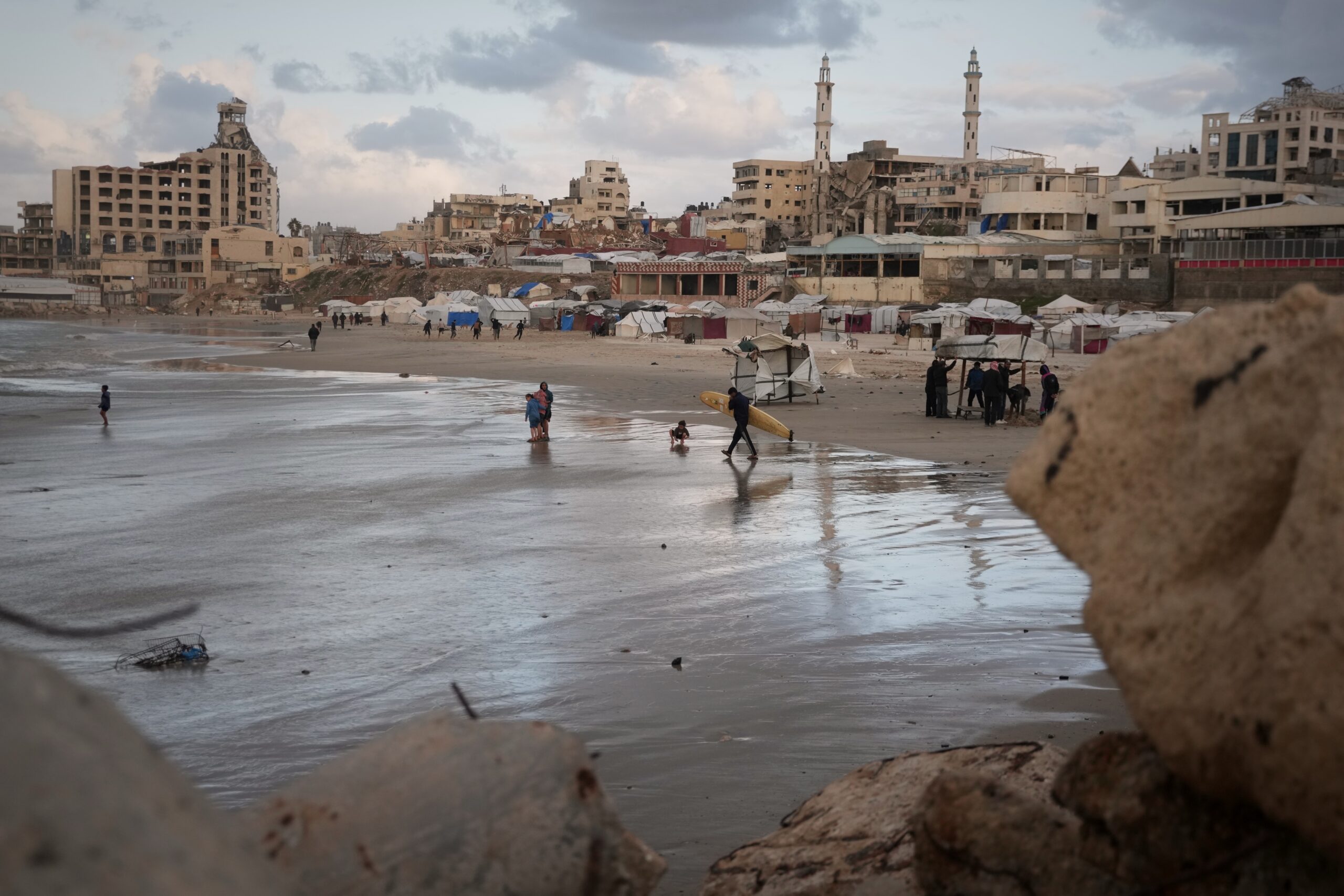The Power of Positive Diplomacy: Saudi Outreach in Iraq since 2014
One of the most important and least understood aspects of Saudi Arabia’s evolving proactive foreign and regional policy is its campaign of diplomatic and political outreach in Iraq.

Executive Summary
One of the most important and least understood aspects of Saudi Arabia’s evolving proactive foreign and regional policy is its campaign of diplomatic and political outreach in Iraq. After almost a century of relations marked largely by rivalry and occasional enmity, Saudi Arabia felt increasingly frozen out of Iraq’s political dynamics as the country began to emerge from the U.S. occupation. Particularly during the second term of Prime Minister Nuri al-Maliki, Riyadh effectively walked away from an Iraqi government that appeared irredeemably under Iranian sway. But even in this period, Saudi Arabia continued efforts to expand relations with the Kurdistan Regional Government in the north and certain Iraqi Sunni Arab constituencies.
Starting in 2014, Saudi Arabia initiated a project to regain a measure of influence in Iraqi politics and policy. Along with the restoration of diplomatic, trade, and other relations that had been frozen for decades, Riyadh’s Iraq initiative has involved building ties with numerous Iraqi Shia Arab leaders, including Prime Minister Haider al-Abadi and populist leader Muqtada al-Sadr, both of whom traveled to Saudi Arabia in 2017.
Unlike some of its other recent foreign policy initiatives, Saudi Arabia’s outreach to Iraq has been centered almost entirely on incentives and positive inducements. Along with aid, trade, and other standard forms of outreach, Saudis have emphasized that almost all Iraqi constituencies stand to benefit from a more independent national policy that restores Iraq’s standing in the Arab world and gains a measure of distance from Iran. Riyadh seems to have met with a considerable degree of success in rebuilding ties to Iraq. The May parliamentary elections in Iraq will be the next major development shaping this outreach. But, whatever happens, it is likely that Saudi Arabia will continue to pursue engagement and stronger relations with this crucial neighbor to the north.
The views represented herein are the author's or speaker's own and do not necessarily reflect the views of AGSI, its staff, or its board of directors.




























